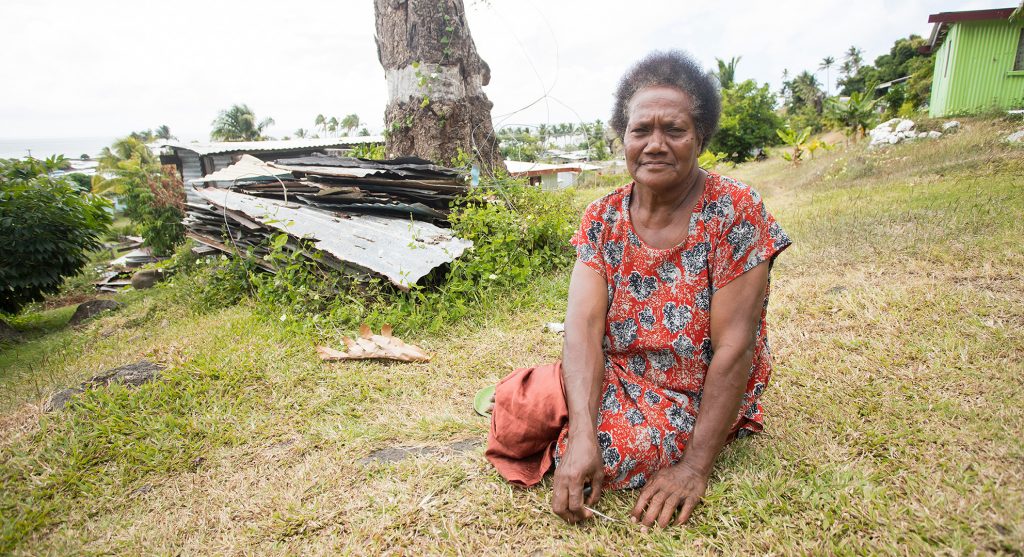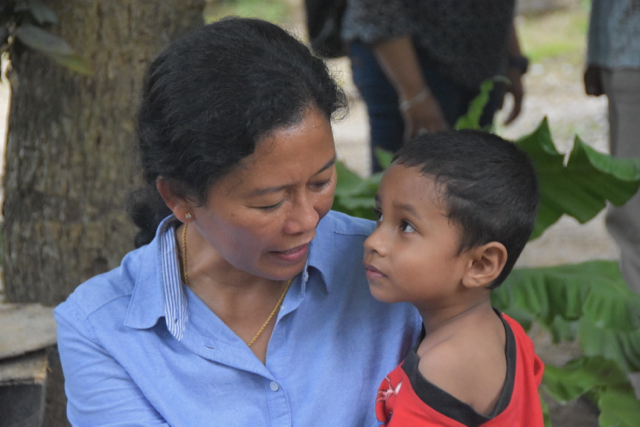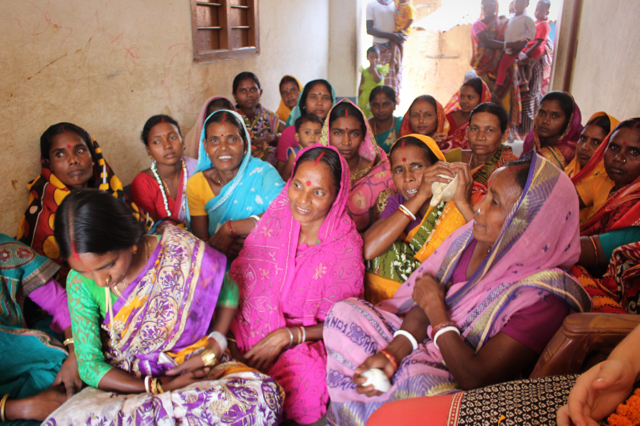We can’t go back in time, but some tragedies can be prevented in advance
Almost exactly two months after our son died in 2004, some 250,000 people were killed by a series of tsunamis in the Indian Ocean. It was described at the time as the worst tsunami event the world had ever seen. I didn’t watch any of the footage. That kind of graphic imagery simply wasn’t needed to help me share a tiny fraction of the pain and loss countless families were experiencing around the world in that moment.
Death, especially unexpected death, doesn’t just leave us gutted. It leaves us helpless and angry. In the outpouring of grief and gifts following the Boxing Day Tsunami, as well as in the expressions of love we received after Hugh’s death, there was a common theme: if only we could have done something – anything – to prevent this cavernous loss.
Here’s the astonishing fact. Often we can. We just choose not to.
Massive-scale loss – of life, homes and livelihoods in natural disasters – is preventable. So are the deaths of individuals like Hughie, babies who die at the rate of 2000 a day from complications arising form dirty water. Each of these lives matter no less than Hugh’s.
Preventable.
We’ve heard a lot about how to prevent the deaths of children from disease, but natural disasters seem to fall into a different hand-wringing category altogether. They’re so random! So mercilessly destructive!

True, and an earthquake measuring 9.2 on the Richter Scale underneath the Indian ocean is always going to create havoc. But here’s the thing. The sheer number of lives lost and ruined by natural disasters can be dramatically reduced.
Here’s how:
- Investing in early warning systems and planning for evacuation, especially in isolated regions and areas where poverty is widespread – co-incidentally often the places where natural disasters strike hardest
- Training leaders in life saving responses before, during and after emergency, and giving them the resources they need to carry them out
- Building housing and shelters in areas that are less likely to be hammered by storms, floods, quakes and the slow death march of changing climate
- Planning for water and food supplies that can survive sudden shocks so that people don’t fall critically ill or lose their means of making a living after disaster
In the years following the Japanese earthquake and tsunami of 2011, which killed almost 16,000 people, all these steps were put in place. It cost billions of dollars. But the result is that people live with a great deal more security – not certainty, but security – about their chances of surviving natural disasters, short and long term.
It’s simply not the case for others in the Asia/Pacific region, where 70% of the world’s worst natural disasters wreak their unholy havoc. These nations are too poor, too under-resourced, and too far from the media spotlight to thoroughly invest in the kind of changes that would increase survival rates. They only hit the headlines once their men, women and children are washed up on beaches or buried alive beneath the mud.
And that’s when the world suddenly digs deep to give, to grieve and to ask one another: “How can Mother Nature be so cruel?”
There’s actually a better question to ask, but few of us will confront it head on. It’s along the lines of “How can human beings be so short-sighted?”

Classrooms being ‘built back better’ in Fiji
If we know how to save lives today, why do we wait until it’s too late?
Of course, the answer to that question is as complex as humanity itself. Some of us are genuinely unaware of how effective Disaster Risk Reduction is, how to go about supporting it, or how it’s desperately needed in parts of the world where poverty already robs people of so much. Some of us are only moved by the plight of our neighbours once we see them clutching their children and wading through waist-deep water, or burying their loved ones. And all those reactions are human.
But here are the facts. Just $1 invested in preparation before a disaster saves $15 in recovery efforts later. That means the money you invest today is 15 times more effective than giving it after the disaster hits. The economic kickbacks of preparing communities to plan, build and shock proof are astronomical. But the lives saved are even more impressive.
If only there was something we could have done? There is. Don’t let others die while we’re wondering.











 Do you ever have days, even while you’re still in the middle of them, that you know will always stick with you? My first visit to a village in West Bengal, India, was one of those days.
Do you ever have days, even while you’re still in the middle of them, that you know will always stick with you? My first visit to a village in West Bengal, India, was one of those days. Answers were honest and direct. Life is hard, but this project is making a difference. Our children at the study centre are working hard and their grades are improving – they’re no longer at risk of dropping out of school and we’re not scared for them. This woman here (she is pointed out to us) was supported to apply for and access the old age pension, so she doesn’t have to work all day long in the forest gathering leaves anymore. Our community worker, from our village (he stands up), helped us get government grants to build houses and toilets and access to water sources for irrigation. The government health worker is visiting and we know how to stay healthy, how to keep our children well. Our women’s self-help groups (they raise their hands) have saved money this year, and have plans to start their own business.
Answers were honest and direct. Life is hard, but this project is making a difference. Our children at the study centre are working hard and their grades are improving – they’re no longer at risk of dropping out of school and we’re not scared for them. This woman here (she is pointed out to us) was supported to apply for and access the old age pension, so she doesn’t have to work all day long in the forest gathering leaves anymore. Our community worker, from our village (he stands up), helped us get government grants to build houses and toilets and access to water sources for irrigation. The government health worker is visiting and we know how to stay healthy, how to keep our children well. Our women’s self-help groups (they raise their hands) have saved money this year, and have plans to start their own business.